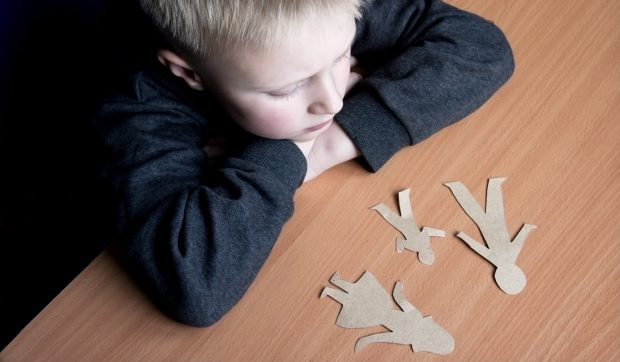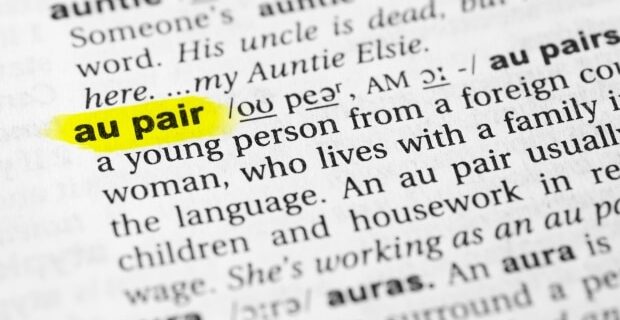Understanding And Addressing Microaggression
You’ve likely heard the term “microaggression” before, but do you know what it means? The truth is there’s a lot to unpack when it comes to this term and how it’s used, and its effects can be harmful to entire communities of people — specifically, people of color.
In this article, we’ll explore understanding and addressing microaggression in depth so you can feel confident identifying and navigating its complexities.
What Is Microaggression?
Simply put, microaggressions are the insults, cultural appropriations, and slights in people of color’s daily life. While that’s a massive oversimplification, it gives us a place to start.
The thing about microaggressions is that they often come from people who mean well. Typically, you’ll find white people with good intentions who are actually making the problem worse.
What do we mean by this? Well, examples of microaggressions could include statements such as:
- “Where were you born?”
- “You are a credit to your race.”
- “There is only one race.”
- “I’m not a racist. I have black friends.”
- “You people…”
- “I don’t see color.”
- “You are so articulate.”
At first glance, these might seem relatively harmless, but when you put them into context, they’re very hurtful statements.
What you might be conveying is:
- “You don’t look like you’re from here.”
- “You’re one of the good ones.”
- “I don’t see your differences or value your culture.”
- “I am very out of touch with reality.”
- “I don’t see or understand why your differences are beautiful or important.”
- “Other people of your race talk funny.”
When you look at the undertones, you start to unpack why these statements hurt and why it’s important not to use them. It’s also important to realize that these phrases aren’t just heard once; they’re said repeatedly, which can overwhelm the recipient.
In addition, it’s not just verbal microaggressions that can hurt. It’s also the sideways glances, tense looks, and moving away that can sting and affect people.
With this in mind, let’s look at how to avoid microaggressions.
Tips To Avoid Microaggressions
If you’re a person of color on the receiving end of these statements or actions — or if you’re someone who is aware of microaggressions — there are a few things you can do to help.
1. Stop Them
It can be uncomfortable the first time you do it, but if you’re conversing with someone using microaggressions and hurtful language, stop them. Change the subject or…
2. Ask Them
If it’s a comfortable setting, ask them what they mean by a particular statement. Allowing them to react and unpack what they meant may help them realize their unconscious bias or leave space for an open conversation.
3. Explain It
Sometimes, people don’t realize how hurtful their language is. And while this isn’t an excuse, people must know better to do better. A short and sweet explanation of why particular verbiage or actions are not ok can help the other person do some self-reflection and change how they speak.
Your mental health is important. Seek out support when you need it. As we mentioned, it can feel uncomfortable the first few times you use this approach.
The Effects Of Microaggressions
Words matter; the more something is said, the more someone believes it. This goes for what we tell ourselves and what others say to us. That’s why support and checking in with yourself are crucial if you’re feeling demoralized or frustrated.
It’s no secret that, over time, mental health can decline, and depression rates can skyrocket when minority groups are told things repeatedly. Microaggressions can also lead to higher rates of dissatisfaction at work and a lack of fair treatment.
This is why adding diversity in leadership positions isn’t just an item on a checklist; it’s essential to overall employee health, happiness, and productivity.
No matter where microaggressions appear in your life, know it’s ok to feel upset or angry. But don’t let those feelings prevent you from living your life. There are people out there who understand and can walk alongside you.
The Impact Of Microaggression On The Family
Microaggressions don’t just affect adults. They can have a direct impact on the entire family as well.
Some impacts of microaggressions from a young age include:
- Feeling excluded
- Feeling like it’s bad to be black or another minority
- Lack of confidence in one’s abilities
- Believing that they can’t accomplish their dreams because they’re “different.”
- A feeling that they need to change something about themselves to fit in
Sure, kids of all races experience some of these things. But people of color hear negative things about their appearance, traditions, voice, and so much more daily. And, after a while, it can be overwhelming.
It’s also important to consider how a response to microaggression trickles down. Kids watch their parents and take their cues to feel or act. If parents don’t speak up, kids often won’t say anything either. The dangerous game of “it’s just how it is” then perpetuates, and the issue continues.
Building A Better Future
Unfortunately, we live in a society where microaggressions abound. But we don’t have to let them continue. If you see or hear something that you know is hurtful, stop it. Point out why that phrase or action is wrong.
In addition, help kids build pride in who they are. They need positive influences and to hear all the wonderful things about how their culture and skin color make them different and special! Focusing on giving them more positivity than negativity does help negate some of the effects of microaggression.
Of course, a positive attitude doesn’t solve this problem, but having a supporting family or support group that can walk alongside you helps the hard things seem a bit more manageable. After all, it’s beautiful to be exactly who you are, and no one can take away who you were meant to be.






